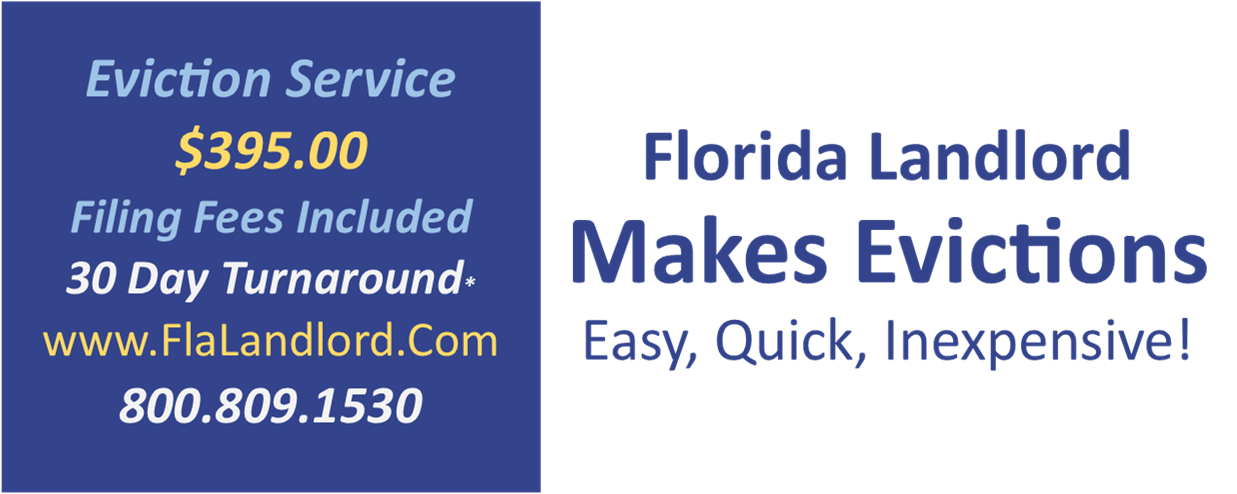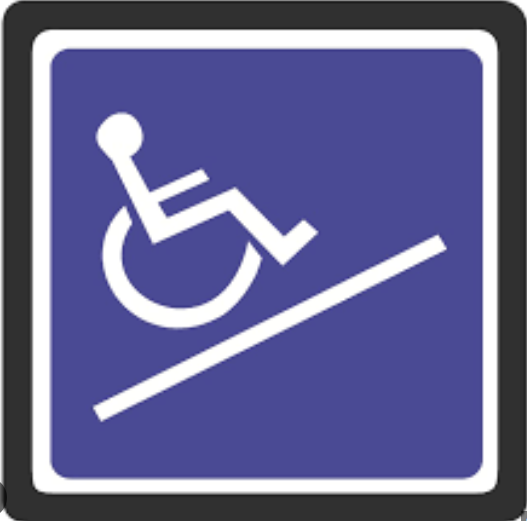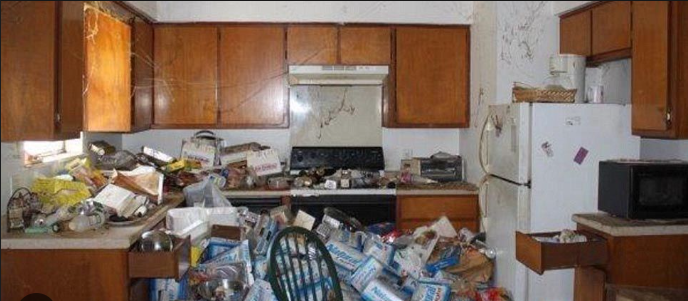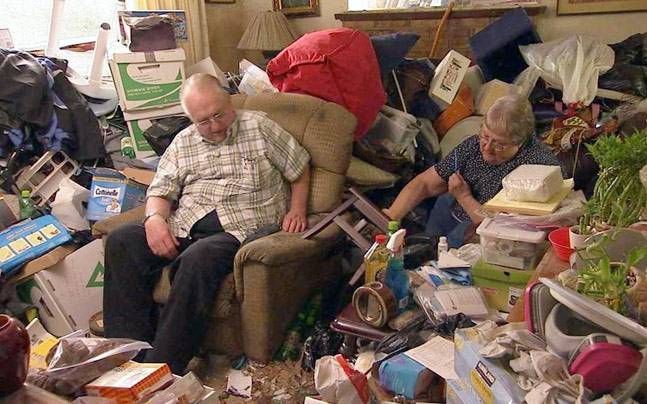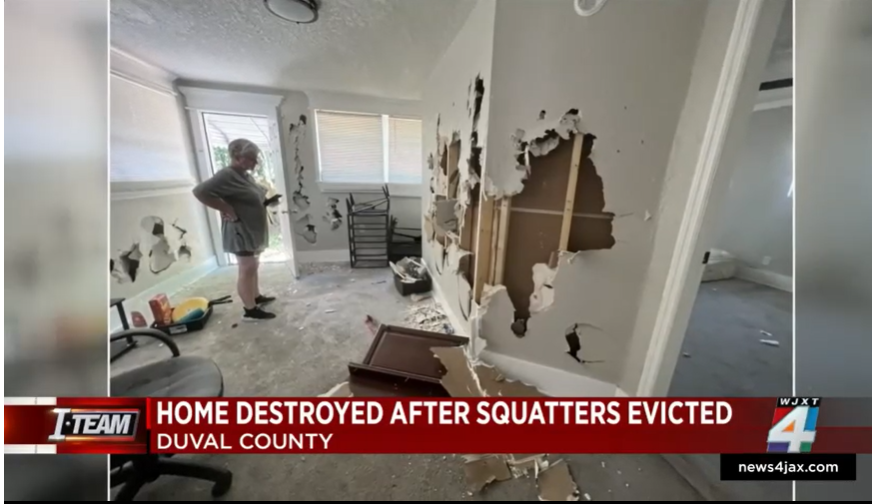
Unlawful Detention
What Is It And What You Can Do
By: Paul Howard
See Bonus Content at the end
Our eviction business has seen a sizeable increase in the number of squatters moving into empty rental units. The stories are similar.
The landlord discovers strangers have taken up residency in their rental home. Naturally, they are angry and worried. Will they become violent? Will they destroy the house? How do I get them out?
Often, the landlord will call the police to report the intruders hoping to have them thrown out, only to learn the cops can’t do anything. They say its a civil matter.
Someone forwarded a news article to me. As I read it, my mind’s eye got a glimpse of what may be in store for landlords across the country. Here is an excerpt:
... It’s Time to Warn Americans About a Huge Potential Problem:
Illegal Aliens Hopping on the Squatter Bandwagon
Squatting has become such a problem in many Democrat-run (and some RINO-run) cities and states that homeowners are rushing to sell any rental properties that sit vacant. In areas with loose squatter laws, the asset of owning rental homes has become a major liability when squatters take “ownership” and live in these homes rent-free for weeks or even months. Sometimes, it can extend for years and cost the actual homeowner tens of thousands of dollars just to get their property back. (Source)
Most estimates of the number of illegals entering the country in the past few years come in at around ten million. Politics aside, the fact is they all need a place to live. All ten million of them! That means landlords are going to be on the front lines of this issue. We’d better get prepared!
The author of the article (not named in the piece) says squatting has become a problem in democrat-run cities and states (his language not mine). He appears to be highlighting the fact that states have different laws governing the issue, some are very liement toward squatters others less so. I would say, Florida is somewhere in the middle.
The legal term for the issue (please remember, I am not a lawyer) is Unlawful Detention. Florida Statues address the problem in Chapter 82 where it describes “Unlawful detention” as:
possessing real property, even if the possession is temporary or applies only to a portion of the real property,
without the consent of a person entitled to possession of the real property
or after the withdrawal of consent by such person..
This stature even sets forth a remedy, if you can find a law enforcement officer who will take action. Ultimately, that is the problem.
What You Can Do
Chapter 82 of the Florida Statues offers a remedy to the problem of squatters taking over your property.
Here is part of that statue (to see the entire statute Click Here).
82.035 Remedy for unlawful detention by a transient occupant of residential property; recovery of transient occupant’s personal belongings.—
(1) As used in this section, the term “transient occupant” means a person whose residency in real property intended for residential use has occurred for a brief length of time, is not pursuant to a lease, and whose occupancy was intended as transient in nature.
(a) Factors that establish that a person is a transient occupant include, but are not limited to:
1. The person does not have an ownership interest, financial interest, or leasehold interest in the property entitling him or her to occupancy of the property.
2. The person does not have any property utility subscriptions.
3. The person cannot produce documentation, correspondence, or identification cards sent or issued by a government agency, including, but not limited to, the Department of Highway Safety and Motor Vehicles or the supervisor of elections, which show that the person used the property address as an address of record with the agency within the previous 12 months.
4. The person pays minimal or no rent for his or her stay at the property.
5. The person does not have a designated space of his or her own, such as a room, at the property.
6. The person has minimal, if any, personal belongings at the property.
7. The person has an apparent permanent residence elsewhere.
(b) Minor contributions made for the purchase of household goods, or minor contributions towards other household expenses, do not establish residency.
(2) A transient occupant unlawfully detains a residential property if the transient occupant remains in occupancy of the residential property after the party entitled to possession of the property has directed the transient occupant to leave. A transient occupancy terminates when a transient occupant begins to reside elsewhere, surrenders the key to the dwelling, or leaves the dwelling when directed by a law enforcement officer in receipt of an affidavit under subsection
the party entitled to possession, or a court. A transient occupancy is not extended by the presence of personal belongings of a former transient occupant.
(3) Any law enforcement officer may, upon receipt of a sworn affidavit of the party entitled to possession that a person who is a transient occupant is unlawfully detaining residential property, direct a transient occupant to surrender possession of residential property. The sworn affidavit must set forth the facts, including the applicable factors listed in paragraph (1)(a), which establish that a transient occupant is unlawfully detaining residential property. (Emphasis added)
So, my (non-lawyer) interpretation is if you find someone is living in your rental property you can present a sworn affidavit to law enforcement who can then immediately remove the persons from the property. The problem will be finding a officer who will actually do that.
Remember, it's no small thing throwing someone out of their home. If the cops get it wrong they are in for a lot of trouble. So, for many of them, your affidavit notwithstanding, are just not going to take the risk. Many (most?) will tell you to take it to a Judge. That mans formal eviction. (Even that is not the end of the world. Typically we can evict squatters in a matter of a few weeks.
Get Prepared
I recommend you prepare for the possibility of having to deal with a squatter right now. First, download this affidavit (Click Here). Then if you find squatters in your rental, complete the affidavit then go to the Property Appraiser's database in your county and print the Property Record Card, which should prove that you are the owner of the property.
Then, call the sheriff and present these documents to the Deputy and ask him to force out the occupants. If he or she isn't comfortable with that, don't get angry with them. Remember, they have a lot to loose if they get this wrong. Next, call us or our favorite lawyer to help with an eviction.
One more thing, given that we all have ten million new neighbors, it is probably prudent for you to check on your vacant properties very regularly.
###
* Special Notice:
Paul Howard and The Florida Landlord Network are an independent, non-attorney service. We urge you to consult an attorney before using any document or described procedure found herein. Neither are licensed by the Florida Bar to practice law and are not authorized to give legal advice or tell you your legal rights. By using our website or any service or document produced and/or published by us, you indicate that you understand and agree to our Legal Disclaimer.
Special Bonus Content
Known as “The Squatter Hunters,” Flash Shelton, 57, is the man behind the operation focused on helping homeowners clear their properties of squatters while fighting to change laws that protect squatters’ rights.
Click To See The Video.
Please leave your comments below.




Feedback, Questions, Opinion
We will get back to you as soon as possible.
Please try again later.


